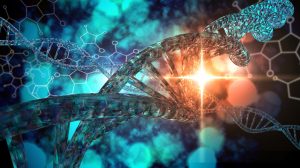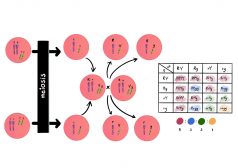Definition
noun
An active immunity acquired by experiencing and having recovered from a disease.
Supplement
Active immunity involves the production of antibodies (by B lymphocytes) and cell-mediated response (with T lymphocytes). It renders relatively longer immunity (compared to passive immunity). Active immunity may be natural or artificial.
This type of active immunity is said to be natural because the immunity is induced not by deliberate exposure (such as vaccination). The individual has developed immunity to a live pathogen by having been exposed to it and by developing a primary immune response that led to immunological memory.
Compare: artificial active immunity
See also: active immunity
Dictionary > Natural active immunity
You will also like...

Control of Body Movement
Some of the body movements can be controlled at will, others cannot. The body has a motor program, which is the pattern ..

Physical Development in Humans
This tutorial elaborates on the physical development of humans, particularly from puberty to adulthood. Read this tutori..

Running Water Freshwater Community Factors
This tutorial noted some of the physical and chemical factors that provide the framework of a running water community in..

Still Water Animals
Animals living in aquatic habitats have diversified and evolved through time. They eventually occupy ecological niches a..

Evolution of Life – Ancient Earth
Autotrophs flourished, absorbing carbon and light. Soon after, primitive life forms that could assimilate oxygen thrived..

Independent Assortment and Crossing Over
This tutorial describes the independent assortment of chromosomes and crossing over as important events in meiosis. Read..

